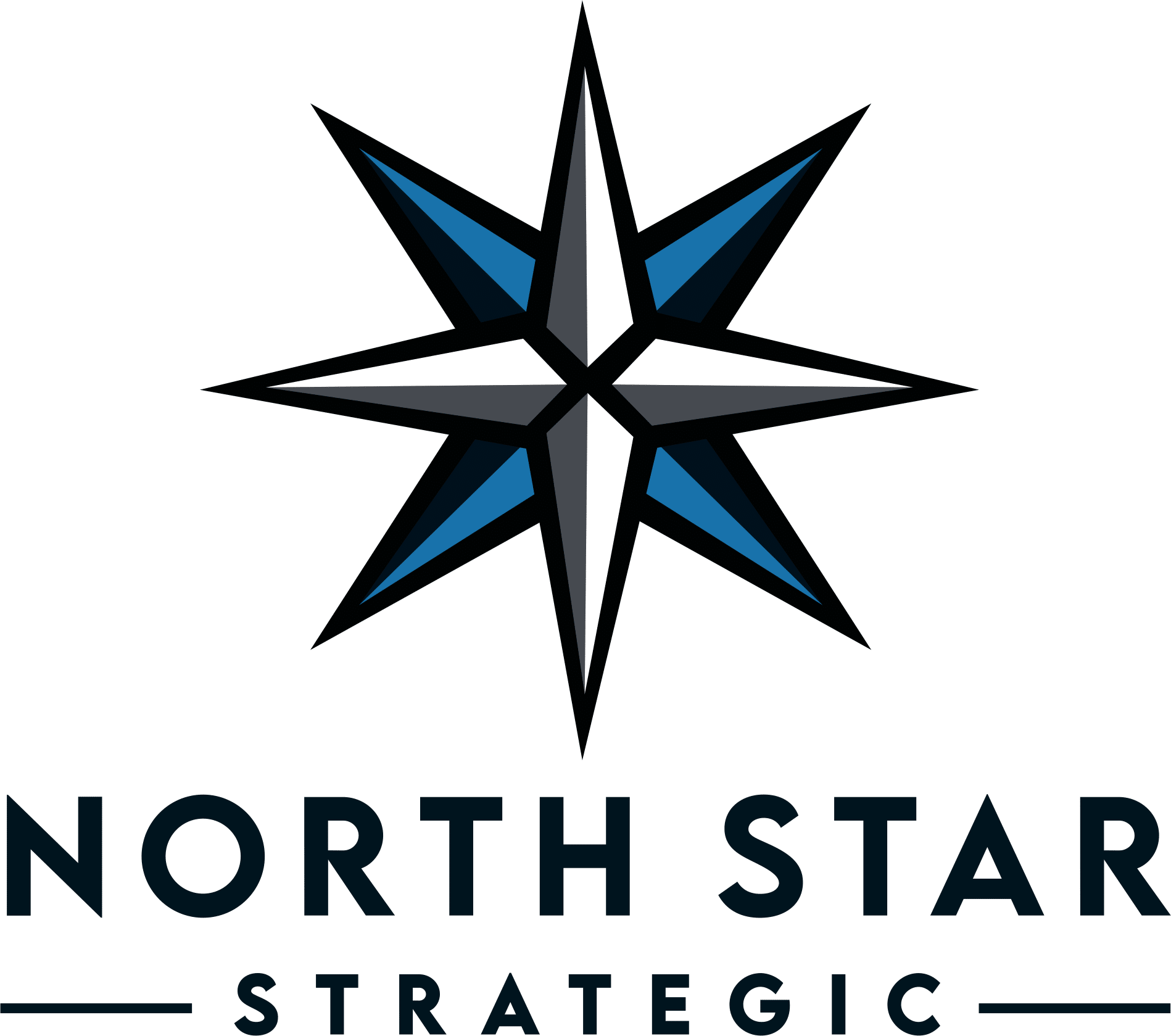CASE Study
Sea Pact
Redefining Seafood Sustainability through Purpose and Partnership
Opportunity
Inspired by a pioneering partnership between seafood distributor Santa Monica Seafood and FishWise, Sea Pact was created to demonstrate the potential of industry-supported efforts to drive sustainability. Building on this model, a group of seafood companies saw an opportunity to bridge the gaps with NGOs, fostering a unique collaboration to magnify the impact of their sustainability initiatives. Sea Pact provided a platform where conservation efforts could connect with market-driven solutions, offering critical funding and resources to projects that industry partners could uniquely support.
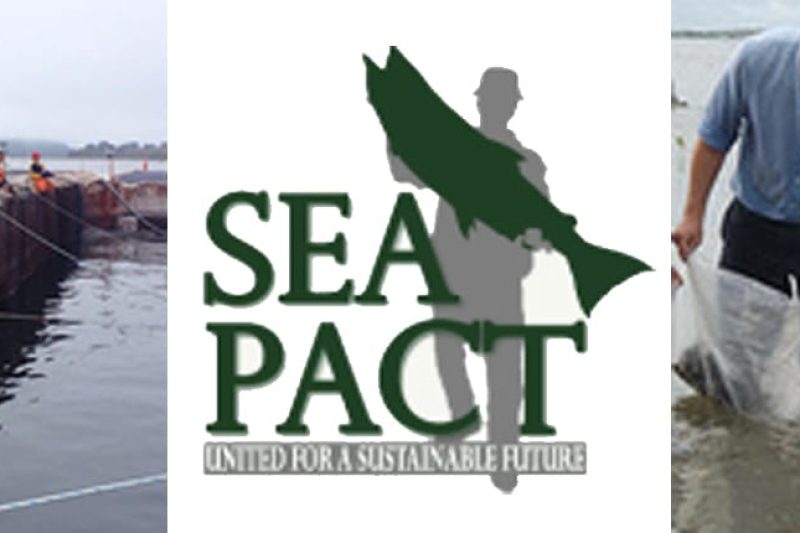
Leading with Purpose
Sea Pact exemplifies the power of purpose-driven collaboration to elevate sustainability standards and transform traditional practices. By uniting industry competitors under a shared mission and fostering strong NGO partnerships, Sea Pact has redefined the seafood industry’s approach to sustainability. This case study highlights the effectiveness of collective action in creating lasting impact, enhancing transparency, and setting new benchmarks for responsible business practices.
Organization Overview
Sea Pact is a coalition of North American seafood companies dedicated to advancing sustainability within the industry. Formed in 2013 with foundational leadership from Derek Figueroa and other industry pioneers, Sea Pact arose from a shared vision to tackle pressing environmental and social issues in seafood sourcing. Derek’s early contributions in evaluating proposals, recruiting members, and shaping the organizational design laid the groundwork for Sea Pact’s impactful model of collaboration. As of November 2024, Sea Pact has provided over $700,000 in direct support to more than 35 projects across 13 countries, delivering measurable improvements in fisheries management, habitat restoration, and supply chain transparency—standards that Derek continues to promote through his new company, North Star Strategic (NSS), as it helps other organizations drive meaningful, purpose-led results
Challenge
The seafood industry has long grappled with complex challenges, including overfishing, environmental degradation, and social responsibility issues. Pressures such as climate change, regulatory complexities, labor shortages, and global supply chain disruptions have further compounded these challenges, underscoring the urgent need for sustainable practices, transparent sourcing, and coordinated industry-wide efforts to secure long-term viability. Additionally, there was often a lack of collaboration and trust between industry players and non-governmental organizations (NGOs), resulting in fragmented efforts to address these challenges. The disconnect between commerce and conservation further hindered impactful, large-scale change.
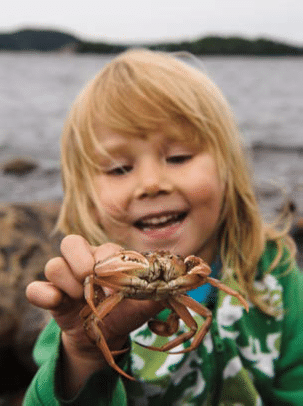
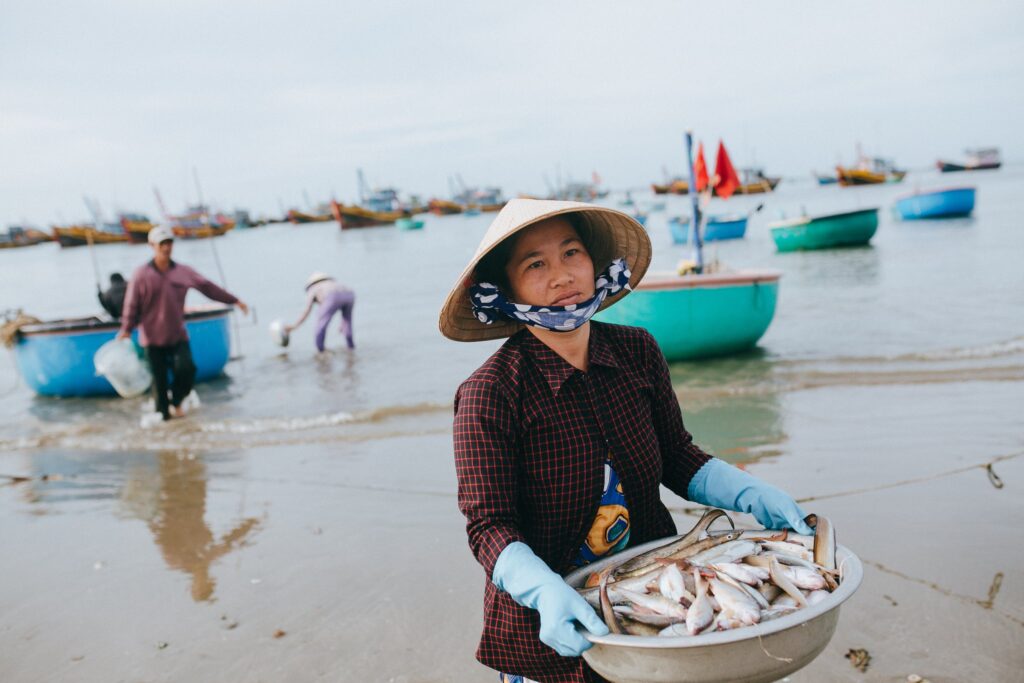
Strategic Solution
Sea Pact’s framework centers on building a purpose-driven alliance to foster transparency, collaboration, and measurable impact. Initial discussions began at the 2012 Sustainable Fisheries Partnership meeting, and by 2013, the alliance formally launched, uniting companies with a shared commitment to responsible sourcing and sustainability. This collaboration marked a significant shift in the industry, where cooperation—not competition—became a pathway to achieving common environmental goals. Key strategies include:
- Industry Collaboration
Sea Pact unites seafood companies under a common mission to address sustainability challenges collectively. By sharing resources and insights, members amplify their impact on responsible sourcing. - NGO Partnerships
Sea Pact engaged advisors such as FishWise and the Sustainable Fisheries Partnership, fostering trust and combining industry expertise with environmental insight to develop initiatives with real impact. - Project Funding and Support
Inspired by the RSVP Program’s funding model, Sea Pact established a pooled funding mechanism that allows the alliance to support targeted fishery and aquaculture improvement projects. This collaborative funding drives significant advancements in sustainability across the supply chain. - Transparency and Accountability
Transparent reporting mechanisms are central to the Sea Pact model, ensuring that sustainability progress is measurable and accessible to all stakeholders. This commitment reinforces Sea Pact’s position as a responsible industry leader.
Execution
With a shared commitment to actionable goals, Sea Pact implemented its strategy through the following steps:
- Formalizing the Alliance
Sea Pact established a structured governance system with an advisory board and managing director to guide operations and maintain alignment with its purpose-driven goals. - Project Selection and Implementation
Funds are pooled to support impactful projects, such as Fishery Improvement Projects (FIPs) and research on sustainable sourcing best practices, promoting long-term environmental health across the supply chain. - Stakeholder Engagement
Collaborative relationships with NGOs, industry peers, and local communities broke down historical barriers and fostered trust, shared learning, and open dialogue. - Ongoing Monitoring and Public Reporting
By tracking the impact of its funded projects and openly sharing results, Sea Pact reinforces accountability and demonstrates the effectiveness of its collaborative model.
Results and Impact
Sea Pact’s achievements reflect a pioneering approach that has reshaped industry standards, elevated sustainability, and established it as a global leader in responsible seafood practices. By aligning industry goals with environmental stewardship, Sea Pact has created a powerful legacy of measurable impact, collaboration, and trust.
- Significant Project Funding
Since its founding, Sea Pact has contributed over $700,000 to more than 35 projects across 13 countries, providing critical support for fisheries and aquaculture improvements aligned with its sustainability mission. These funds have driven initiatives that improve fishery management practices, restore critical marine habitats, and increase supply chain transparency. Projects have included both large-scale Fishery Improvement Projects (FIPs) and localized initiatives that tackle challenges specific to high-risk fisheries. - Industry Influence and Thought Leadership
Sea Pact has set a new standard for collaboration within the seafood industry, becoming a thought leader in industry-funded conservation and sustainability practices. Inspired by Sea Pact’s model, seafood companies worldwide are exploring similar partnerships, fostering a culture of shared responsibility and collective investment. Sea Pact’s approach has not only encouraged an increase in NGO partnerships across the sector but has also elevated industry standards for transparency, accountability, and sustainable sourcing practices. Its innovative model serves as a blueprint for responsible, industry-led change and has positioned Sea Pact as an influential voice in global fisheries. - Advances in Sustainability
Sea Pact’s funding has led to measurable progress in sustainable sourcing and fisheries management. Supported FIPs have contributed to increased fish stock assessments, reductions in bycatch, and compliance with global standards like the Marine Stewardship Council (MSC). Sea Pact’s transparency initiatives have provided stakeholders with direct access to sustainability metrics, boosting consumer confidence and setting new benchmarks for responsible practices. The coalition’s projects have enabled long-term tracking of environmental impact, with early efforts showing evidence of restored fish populations and enhanced biodiversity in critical areas. - Recognition and Trust
Sea Pact’s collaborative approach, grounded in trust with NGOs, regulatory agencies, and stakeholders, has bolstered its reputation as a thought leader and force for integrity and positive change in the seafood industry. Sea Pact has received commendations from environmental organizations and industry peers alike, strengthening its position as a trusted leader in sustainable seafood. The coalition’s commitment to transparency and accountability has made it a model for other industries, with recognition for promoting best practices in corporate responsibility and conservation.
Share
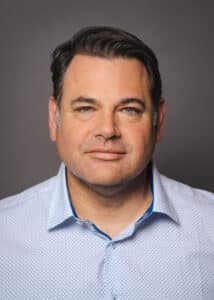
Derek Figueroa
Following a successful sale and exit, Derek has committed the second half of his career to giving back and promoting purpose-driven leadership. He uses the experience gained over 30+ years to help leaders to align their strategies with purpose to create lasting impact and achieve greater results. He serves as Principal of North Star Strategic, a purpose-driven advisory firm, and President of Fig & Co., an investment partner. Previously, Figueroa was the President and CEO of Seattle Fish and Lombardi Brothers Meats. Board service includes former chair of The National Fisheries Institute and The Colorado Restaurant Association, co-founder of the non-profit Sea Pact, and previous leadership positions with CO Restaurant Association, Project Angel Heart, Colorado Restaurant Association, and Seafood Industry Research Fund. He has been recognized by the Colorado Restaurant Association, Denver Business Journal’s Forty Under 40, Titan 100 CEO award, Leadership Award Finalist from Vistage, and Volunteer of the Year by the National Sports Center for the Disabled. He holds an Executive MBA and a Master’s and Bachelor’s in finance from the University of Colorado.
